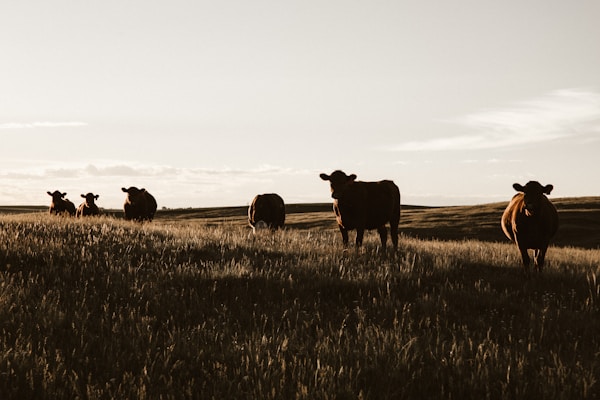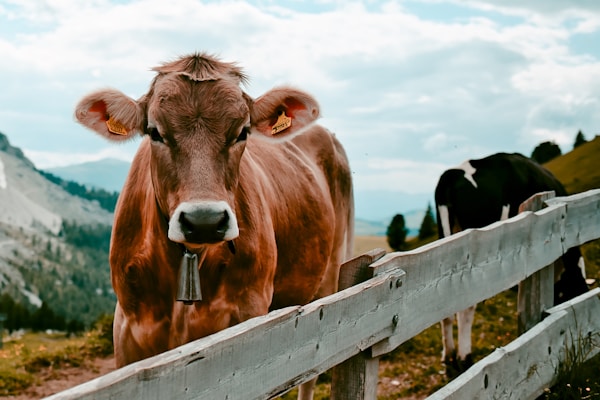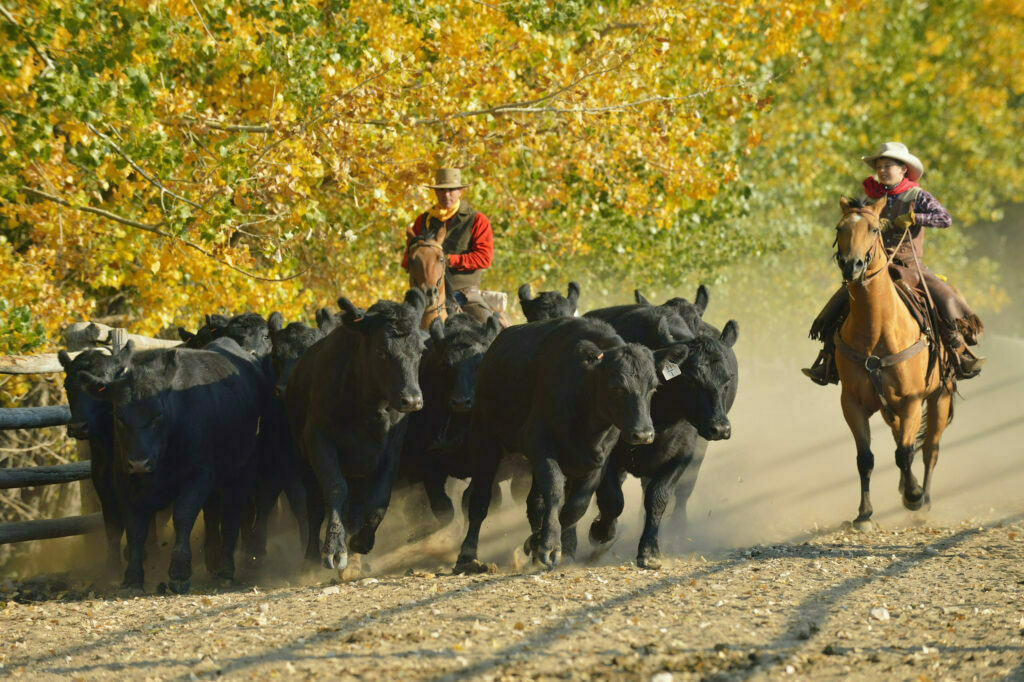Are you looking to get into the cattle business? Starting your own business can be daunting, but with a few tips and tricks, you can be well on your way to running a successful business. In this article, you’ll learn about common challenges that come with being a cattle producer, as well as advice on how to overcome them. Keep reading to learn about how to start your own cattle business.
Relocate your cattle and farm to a larger and more affordable plot of land.
Relocating to a larger and more affordable plot of land can be an intimidating process, but with the right preparation and planning, it can be a successful and rewarding venture. There are many factors to consider before making the move, including the size of the new plot of land, its potential for expansion, the cost of the move, and hiring an esteemed relocation service, such as Pickens Kane. One of the main benefits of relocating your cattle business to a larger plot of land is the potential for increased profits. A larger plot of land provides you with more grazing areas for your cattle, which can lead to higher yields and greater revenue. Additionally, the move to a larger plot of land can also provide room to expand and diversify your business, allowing you to explore new opportunities and capitalize on them.
Purchase essential equipment and supplies.

When starting a cattle business, it is essential to have the right cattle equipment and supplies necessary to care for and manage the herd. This includes items such as fencing materials, hay, feeders, waterers, chutes, and working facilities. Fencing materials are used to create secure pastures or enclosures that will keep your cattle safe from predators and other animals while providing ample grazing ground. Hay should be provided in abundance for roughage during winter months when pasture grasses may not be available. Feeders come in many different varieties including bunk-style troughs where cows can access food at their leisure as well as self-feeder mechanisms that automatically distribute feed on a timed basis. Waterers provide fresh drinking water throughout the year which is especially important during hot summer months when dehydration can become an issue with cattle.
Invest in breeding stock and heifer calves.
Investing in breeding stock and heifers is an essential component of starting a successful business. Breeding stock includes mature cows, bulls, or other animals which have been specifically selected for their genetic potential to produce healthy calves with desirable traits. Heifer calves are young female cows that have not yet produced offspring; they are the foundation of any beef cattle and can be used to build up the size and quality of cattle over time. When selecting breeding stock, it is important to consider factors such as age, reproductive soundness, health history, genetics, and structural soundness. Heifer calves should also be carefully chosen based on these same criteria; look for ones with good gains on grass-based diets as well as those which exhibit desired market characteristics like muscling or conformation.
Register your cattle business.

Registering your business is an important step in the process of becoming a successful cattle producer. It is the foundation of your business, providing legal protection, tax and financial benefits, and more. There are several steps to follow and consider when registering your business. First, you must decide what type of business you want to register. Depending on your business structure, you may choose to establish a sole proprietorship, partnership, or corporation. Each type of business has its own advantages and drawbacks, and it is important to research each type to determine which is best for you. Next, you must determine the name of your business. The name must be unique and not already in use by another business. Once you have chosen a name, you must register it with the relevant state and/or federal government agencies. This will provide a legal identity for your business and protect it from being used by anyone else.
Overall, starting a cattle business requires careful planning and hard work, but can be a rewarding endeavor. It is important to thoroughly research the industry and develop a comprehensive business plan to ensure success. By taking into account the tips provided, aspiring cattle owners can be well on their way to starting their own successful businesses.





